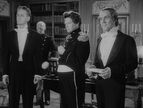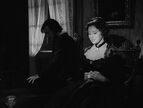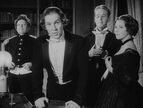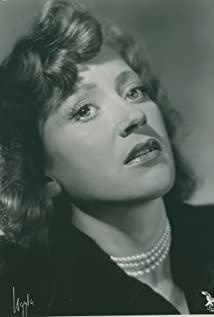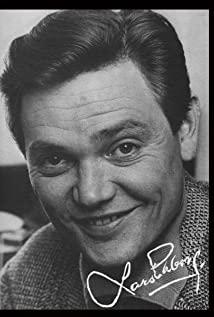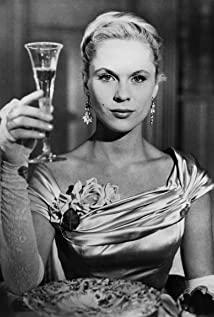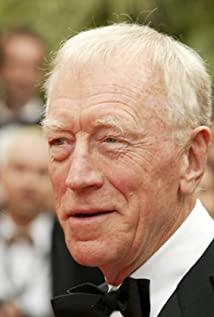1. Fogler's sculptural face is like the silent Jesus facing Pilate, who sees himself as a martyr.
In the first shot at the beginning of the film, the long view, the carriage is parked on the wasteland, and Fogler and Manda, on the left side of the picture, are leaning against a wooden frame, which looks like a torture platform. There are insinuations about the "resurrection of Christ" in the story, which Bergman dealt with. Fogler established his belief and poured himself into the object of belief or the truth itself, but only after the story turned did he see his unspeakable lack of self-confidence., Pretending to be dead and resurrecting all put him at risk of being tortured himself. Are those the facts? He almost lost his trust in himself, so he desperately tried to take revenge, almost committing the crime of murder. He is fragile, and the real strength is in Manda.Bergman never hides his concern for audiences and comments. When expressing this relationship in this film, he uses a direct and subtle method to classify various groups and target relationships. Using Fogler and an alcoholic actor, Spielberg uses Fogler and an actor to confess his position and psychology as an artist. The relationship with the appreciator contains shame, joy, and resentment. Bergman compares this to "prostitution."
What is remarkable is that Bergman properly intertwines the themes of the Passion and Resurrection—worldly emotions and the artist—the appreciator—presenting them as two shadows.
2. Manda, who dressed as a man in black during the day, took off her disguise at night, dressed in white, and hugged the broken person. As Bergman said, she represents the purest belief of mankind; even if the object of that belief is near disillusionment, she will protect him. The female teacher in "Winter Light" a few years later was a somewhat similar but deeper character to this woman.
And the old woman who lived 200 years like a witch represents the indifferent wisdom of human beings, right?
3. Bergman's strength is the richness of layers in a narrow and compact story. It's just that many things in "Face" do not have enough space to expand, so every time I watch this movie, I always feel that it is not enough, and I only eat half full.
In my oriental way of thinking, there are often blunt parts in Bergman's films, and some plots are far-fetched throughout, perhaps because of cultural differences in thinking.
4. In terms of structure, he divides the space of servants and the space of the powerful, and paints them with serious and playful colors respectively. I can help Bergman to find the reason for this. It is a little slander that the servants have little space. It's too much, and I still try to make a comedy effect, which is not satisfactory.
5. After being beaten by her husband, the woman played by Yetrude burst into feelings for him, and she was subdued by his sudden masculinity. I naturally think of the same character as many female compatriots.
Bergman shows the cruel relationship of the couple in a small amount of space, anyway, she has always been good at this. Whether shooting or dry.
6. The film is rarely mentioned in the works of the same period. When Time magazine asked Woody Allen to recommend five Bergman films, he mentioned "The Face".
View more about The Magician reviews




